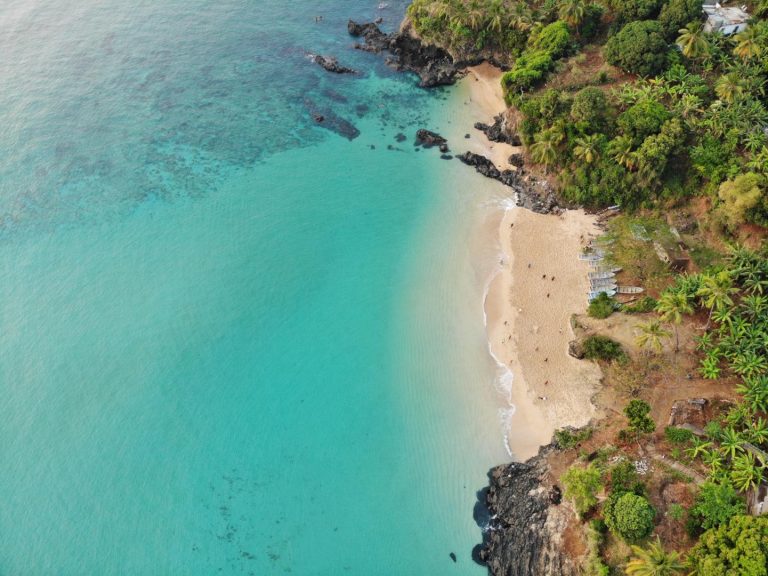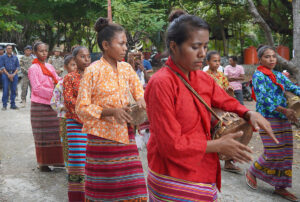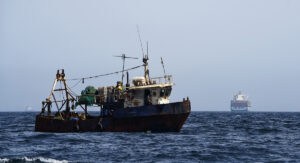There, one Malagasy man, Samba Roger, who is devoted to preserving the declining fragile marine resources has been awarded the international J Paul Getty award for conservation in recognition of his work.

Prestigious recognition
The prize, described by former US President Ronald Reagan as the Nobel Prize for conservation, is awarded by global conservation organisation WWF, and is one of the world’s most prestigious awards. Mr Roger has spent the past five years protecting the marine environment in his region. From Madagascar’s capital, Antananarivo, it takes at least four days travelling overland to reach it.

‘Sell and eat’
Mr Roger, formerly his village’s leader, explaining their way of life in Andavadoaka, says: “We all depend on the sea in this area. “We fish with nets, lines and by diving with spears. As well as fish we collect sea cucumbers and glean for octopus and other animals that we can sell and eat.”

So successful
The culmination of Mr Roger’s work has been setting up the world’s first community-run protected area for octopus – the villages’ primary economic resource. Seasonal fishing closures allow the octopus to grow in size and number ensuring their long term survival and meaning greater yields for fisherman when the reef is re-opened. So successful has the project been that the government of Madagascar has used it as a model to create similar protected areas across the country.

‘Sardines on the shore’
British conservation organisation Blue Ventures has been working in the area to help local fisherman monitor the size and species of fish caught in the surrounding waters. Since 2000, fish stocks have been declining rapidly and some species have disappeared. Mr Roger remembers when even children could catch fish: “There always used to be sardines on the shore; even children could fish for them before the decline began.”

Damaging and destroying
The coral reef off the south-west coast of Madagascar is the third largest in the world, making its preservation even more critical. Preserving them is not easy as some people continue to use destructive fishing practices. Beach seine nets are used a lot. Fishermen drag them along the sea bed in shallow water to catch marine life. They are especially damaging as they bring up all creatures from the sea bed, destroying sea grass and the coral.

Difficult times
In some places poison derived from plants is still used, killing all fish including juveniles that have not yet reproduced. Shark fishermen are facing difficult times as shark numbers in Madagascar’s waters have fallen dramatically. Shark fishermen are travelling increasingly long distances in pursuit of their catch. They are willing to take the risk because shark fins, a popular delicacy in China, attract high prices.

Narrow network
The arid south-west is one of the island’s poorest regions. There are few roads and the spiny forest of this semi-desert landscape is crossed only by a network of narrow cart tracks. Most places are best reached by pirogue – wooden boats of the local Vezo people. The United Nations children’s charity, Unicef, estimates that more than two-thirds of Madagascar’s 19m people live below the poverty line.






















